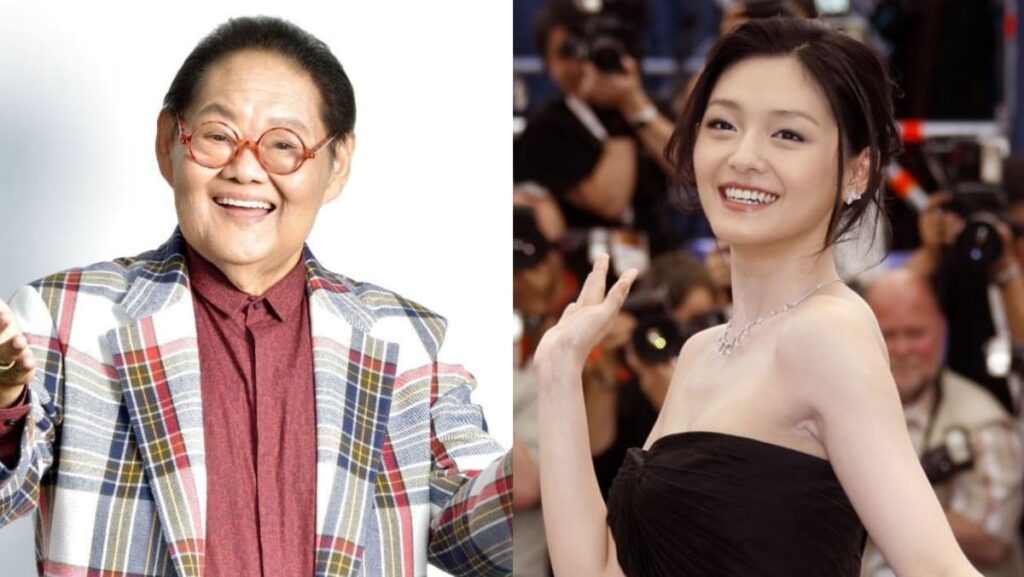As a teenager in the early 2000s, Meteor Garden was a cultural glue that brought everyone together. But beyond the drama, Barbie Hsu was a quick-witted variety show host and a pioneering beauty influencer. Even now, I find myself sharing advice from her Beauty King book on reducing water retention to friends. Her sudden passing felt jarring, like a piece of my youth had been ripped away without warning.
Likewise, Khalil Fong’s music was the soundtrack to my long bus rides home. His songs were timeless, unaffected by the fleeting trends of Mandopop. He was only 41. That fact alone made me pause. I’m not that far from 41. His passing was a stark reminder that talent, no matter how enduring, is not immune to time.
PARASOCIAL RELATIONSHIPS WITH CELEBRITIES
Why do we feel emotional when a celebrity dies? They were neither family nor friends. We don’t know them personally, yet we’ve spent years watching them, listening to them, and in some ways, shaping our identities around them. They were constants in our lives, accompanying us through different phases of growing up.
Psychological research shows that one’s reaction to the loss of a parasocial relationship correlates with the intensity of the bond and the individual’s attachment style. These relationships can be a positive thing, fulfilling emotional needs and offering a sense of connection.
Celebrity deaths don’t just mark the end of their lives; they symbolise the passing of time in our own. If they’re gone, it means we’ve also aged. Their deaths serve as a reality check, forcing us to confront our own mortality and reflect on what we have or haven’t achieved.
https://www.channelnewsasia.com/commentary/moses-lim-barbie-hsu-khalil-fong-celebrity-death-grief-parasocial-relationship-5056981


